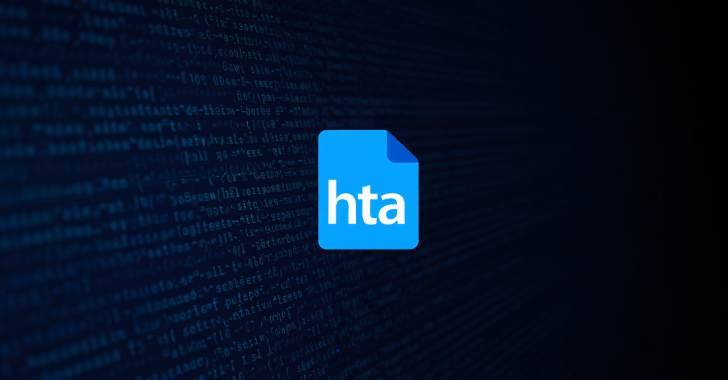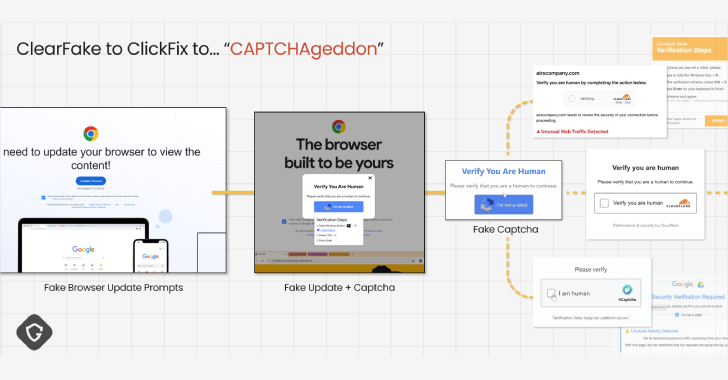
How Does Privacy Compliance Mitigate Cyber Threats?
In today’s interconnected world, cyber threats are on the rise, and organizations must take proactive measures to protect themselves and their customers from cyberattacks. One effective approach to mitigating cyber threats is through privacy compliance. Privacy compliance refers to the implementation of policies and practices that ensure the proper handling and protection of personal information. By prioritizing privacy compliance, organizations can significantly reduce their risk of falling victim to cyber threats. This article explores how privacy compliance acts as a powerful defense against cyber threats and helps organizations create a robust cybersecurity posture.
- Enhanced Data Protection:
One of the primary goals of privacy compliance is to protect personal data from unauthorized access, disclosure, and misuse. By implementing appropriate security measures, such as encryption, access controls, and regular data backups, organizations can mitigate the risk of data breaches and cyberattacks. A strong privacy compliance program ensures that all personal data is protected both in transit and at rest, significantly reducing the chances of data falling into the wrong hands.
- Risk Assessment and Management:
Privacy compliance programs require organizations to conduct risk assessments to identify potential vulnerabilities and threats to personal data. By understanding the various risks they face, organizations can implement appropriate safeguards to protect against cyber threats. Risk management practices, such as threat monitoring, vulnerability scanning, and penetration testing, are integral components of privacy compliance. These practices enable organizations to proactively detect and address weaknesses in their systems, minimizing the likelihood of successful cyberattacks.
- Employee Awareness and Training:
Employees are often targeted by cybercriminals through techniques like phishing and social engineering. Privacy compliance programs emphasize the importance of employee awareness and training in cybersecurity best practices. Regular training sessions educate employees on how to recognize and respond to potential cyber threats, including the proper handling of sensitive information and the identification of suspicious emails or links. By fostering a culture of cybersecurity awareness, organizations can significantly reduce the risk of cyber incidents caused by human error or negligence.
- Incident Response and Recovery:
No organization is immune to cyberattacks or data breaches, no matter how strong their security measures. Privacy compliance programs stipulate the creation of comprehensive incident response plans. These plans outline the steps to be taken in the event of a cyber incident, including clear roles and responsibilities, communication strategies, and containment measures. By having a structured incident response plan in place, organizations can minimize the damage caused by cyber threats, reduce downtime, and expedite the recovery process.
- Vendor and Third-Party Management:
Many organizations rely on vendors or third parties for various services, such as cloud storage or payment processing. Privacy compliance requires organizations to conduct due diligence before engaging third-party vendors and ensure they meet robust security and privacy standards. This includes reviewing vendor contracts to ensure appropriate data protection clauses are in place and regularly monitoring vendor performance and compliance. By managing third-party risks effectively, organizations can significantly reduce the likelihood of cyber threats originating from weak links in their supply chain.
- Compliance with Privacy Regulations:
Privacy compliance is closely linked to legal obligations and privacy regulations, such as the General Data Protection Regulation (GDPR) in Europe and the California Consumer Privacy Act (CCPA) in the United States. These regulations impose strict requirements for the protection of personal data and mandate the implementation of appropriate security measures. By complying with these regulations, organizations demonstrate their commitment to data privacy and are more likely to implement robust cybersecurity measures to protect personal information from cyber threats.
- Continuous Improvement and Adaptability:
Privacy compliance programs are not a one-time implementation; they require ongoing monitoring, assessment, and improvement. Cyber threats are constantly evolving, and organizations must stay informed about new vulnerabilities and attack techniques. Privacy compliance programs encourage continuous improvement by conducting regular audits, vulnerability assessments, and penetration testing. With a proactive approach to staying ahead of cyber threats, organizations can detect and mitigate new risks quickly, ensuring their cybersecurity defenses remain strong and adaptable.
- Building Customer Trust:
Privacy compliance is not just about protecting personal data; it’s also about building trust with customers. In an era of increasing data breaches and privacy scandals, customers are becoming more cautious about who they share their personal information with. A strong privacy compliance program assures customers that their data is being handled responsibly and reduces their concerns about the potential for cyber threats. By demonstrating a commitment to privacy compliance, organizations can build and maintain trust with their customer base, which is crucial for long-term success.
In conclusion, privacy compliance is a critical component of an effective cybersecurity strategy. By implementing privacy compliance programs, organizations can enhance data protection, conduct risk assessment and management, raise employee awareness, establish incident response and recovery plans, manage third-party risks, comply with privacy regulations, continuously improve security measures, and build customer trust. In doing so, organizations are better positioned to mitigate cyber threats, safeguard personal data, and maintain a robust cybersecurity posture.
Contact Cyber Defense Advisors to learn more about our Privacy Compliance solutions.





